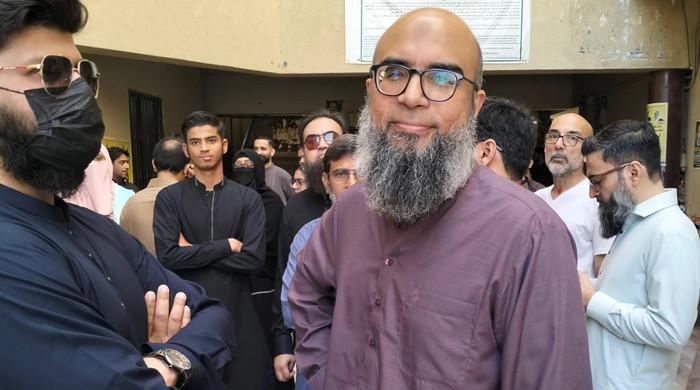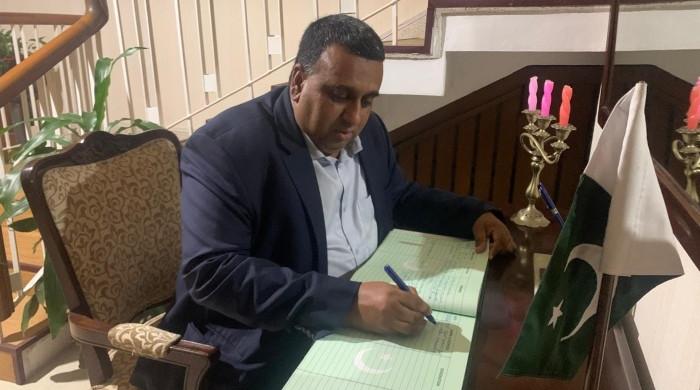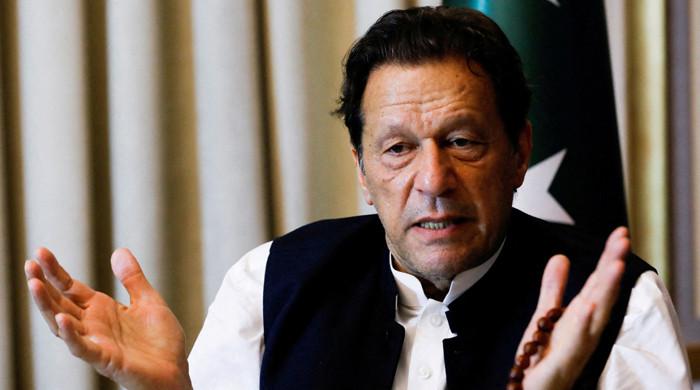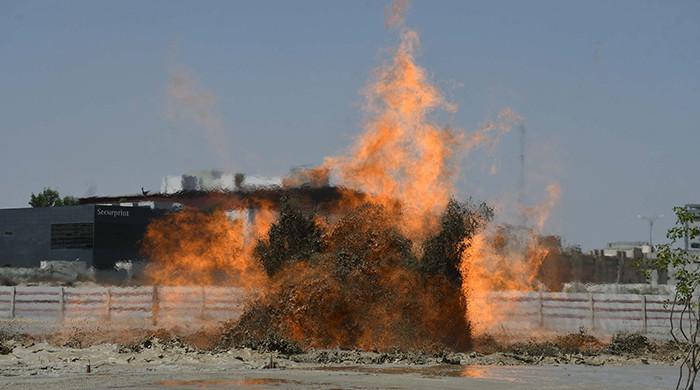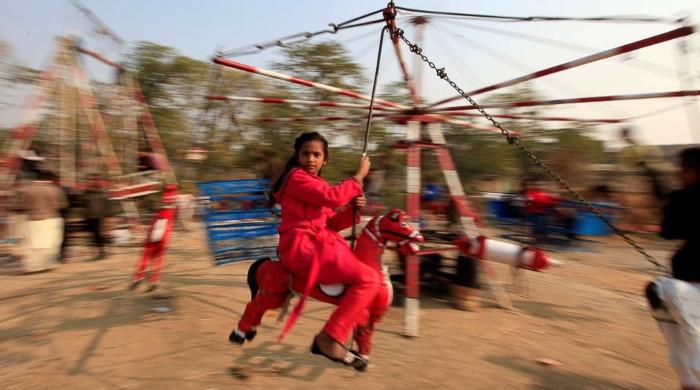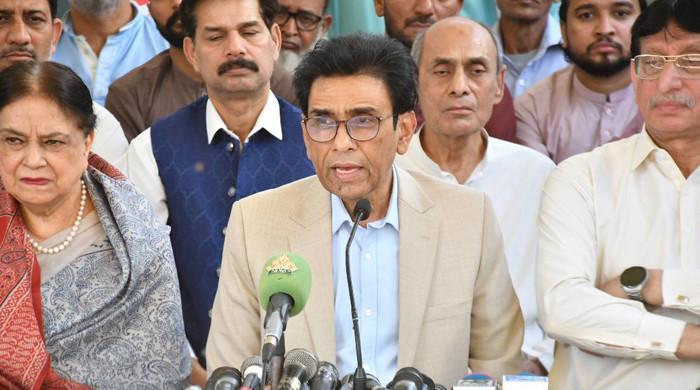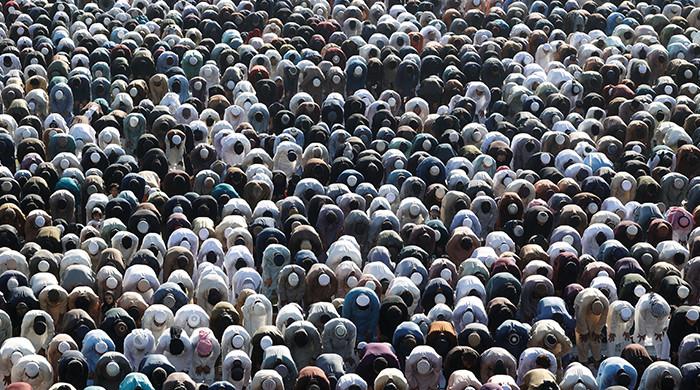PTI announces boycott of special parliamentary committee meeting
Party agrees to cancel basic membership of those of who voted for 26th Constitutional Amendment
October 22, 2024
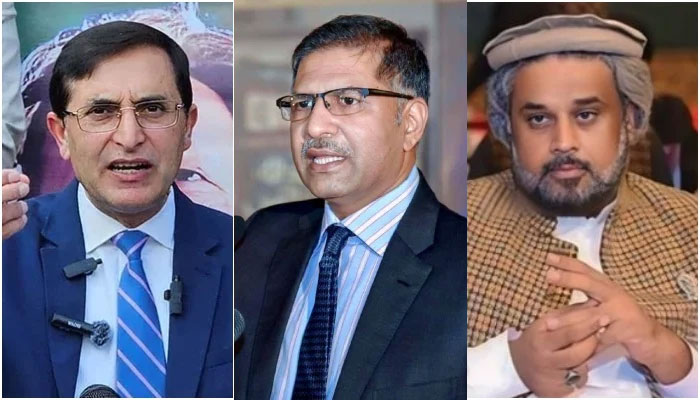
- PTI okays action against members who favoured 26th amendment.
- Party instructs these members to clarify their position.
- PTI to decide fate of these members based on their responses.
The Pakistan Tehreek-e-Insaf (PTI) has announced that it will not participate in today's meeting of the Special Parliamentary Committee, constituted to appoint the next Chief Justice of Pakistan (CJP), refusing to join the process of appointing the next top judge.
The decision, made during a crucial meeting of the former ruling party's political committee, comes just hours after the National Assembly Secretariat issued a notification that stated that a 12-member Special Parliamentary Committee was formed for the appointment of the next top judge of the country in line with the recently enacted 26th Constitutional Amendment.
The Imran Khan-led party, in a statement, said that members who voted in support of the amendment would face disciplinary action, including the cancellation of their basic party membership.
Moreover, the party's political committee also agreed to issue show-cause notices to the parliamentarians who severed ties with the party, according to the statement.
"We will seek explanations from those who have maintained contacts with the government circles," the statement noted, adding the party will decide the fate of these members in the light of their explanations.
The PTI decided to distance itself from the special committee as the coalition government begins the process of selecting a new CJP ahead of the retirement of the incumbent CJP, Justice Qazi Faez Isa on 25 October.
12-member special body
The 12-member Special Parliamentary Committee, formed to oversee the appointment, comprises members from both the government and opposition benches.
- MNA Khawaja Asif (PML-N)
- MNA Ahsan Iqbal (PML-N)
- MNA Shaista Pervaiz (PML-N)
- MNA Raja Pervaiz Ashraf (PPP)
- MNA Syed Naveed Qamar (PPP)
- MNA Rana Ansar (MQM-P)
- MNA Barrister Gohar Ali Khan (PTI)
- MNA Sahibzada Hamid Raza (SIC)
- Senator Ali Zafar (PTI)
- Senator Farooq H Naek (PPP)
- Senator Azam Nazeer Tarar (PML-N)
- Senator Kamran Murtaza (JUI-F)
The special committee will hold an in-camera sitting at the Parliament House at 4pm today to finalise the name of the next chief justice among the three senior-most judges of the apex court with two-thirds majority.
Over the committee’s recommendation, the prime minister will send the nomination to the president for final approval.
If any of the three senior-most judge declines the position, the next senior judge will be considered for the top slot. Currently, Justice Syed Mansoor Ali Shah is the most senior judge, followed by Justice Munib Akhtar, and Justice Yahya Afridi.
Under the newly enacted law, the CJP’s term has been fixed at three years unless they reach the retirement age of 65, resigns sooner or is removed from office following changes to Article 179.
Moreover, if a top jurist has not reached 65 years age, he would still stand retired after completion of his three-year tenure.
Additionally, the selection of the chief justice will no longer be based solely on seniority, and instead, the choice will be made among the three most senior judges of the apex court.




